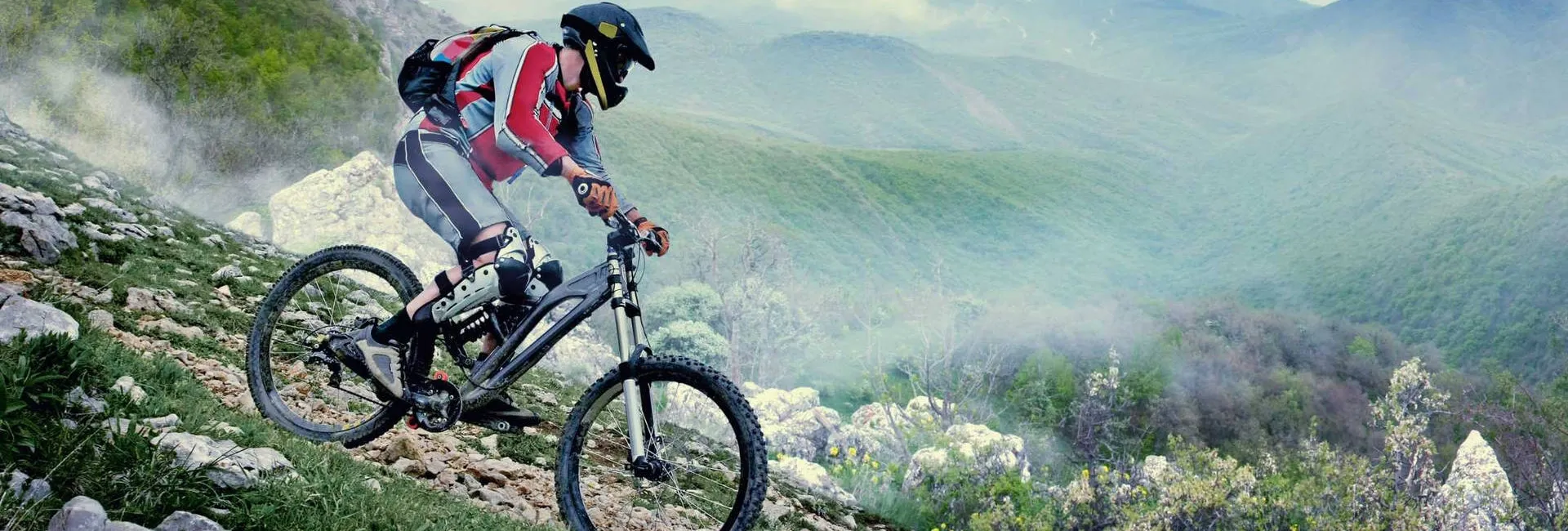
- Afrikaans
- Albanian
- Amharic
- Arabic
- Armenian
- Azerbaijani
- Basque
- Belarusian
- Bengali
- Bosnian
- Bulgarian
- Catalan
- Cebuano
- Corsican
- Croatian
- Czech
- Danish
- Dutch
- English
- Esperanto
- Estonian
- Finnish
- French
- Frisian
- Galician
- Georgian
- German
- Greek
- Gujarati
- Haitian Creole
- hausa
- hawaiian
- Hebrew
- Hindi
- Miao
- Hungarian
- Icelandic
- igbo
- Indonesian
- irish
- Italian
- Japanese
- Javanese
- Kannada
- kazakh
- Khmer
- Rwandese
- Korean
- Kurdish
- Kyrgyz
- Lao
- Latin
- Latvian
- Lithuanian
- Luxembourgish
- Macedonian
- Malgashi
- Malay
- Malayalam
- Maltese
- Maori
- Marathi
- Mongolian
- Myanmar
- Nepali
- Norwegian
- Norwegian
- Occitan
- Pashto
- Persian
- Polish
- Portuguese
- Punjabi
- Romanian
- Russian
- Samoan
- Scottish Gaelic
- Serbian
- Sesotho
- Shona
- Sindhi
- Sinhala
- Slovak
- Slovenian
- Somali
- Spanish
- Sundanese
- Swahili
- Swedish
- Tagalog
- Tajik
- Tamil
- Tatar
- Telugu
- Thai
- Turkish
- Turkmen
- Ukrainian
- Urdu
- Uighur
- Uzbek
- Vietnamese
- Welsh
- Bantu
- Yiddish
- Yoruba
- Zulu
Aug . 14, 2024 14:06 Back to list
Choosing the Best Derailleurs for Mountain Bikes to Enhance Your Riding Experience and Performance
Understanding Derailleurs for Mountain Bikes
When it comes to mountain biking, having the right gear can make all the difference in navigating challenging terrains. One of the most critical components that facilitate a smooth ride is the derailleur. This article will explore the importance of derailleur systems in mountain bikes, their types, and how to choose the right one for optimal performance.
What is a Derailleur?
A derailleur is a mechanism in bicycles that moves the chain from one gear to another. It is essential for changing the bike's gear ratios, which helps riders tackle various slopes and terrains. Mountain bikes often encounter steep climbs, rugged trails, and technical descents, making a reliable derailleur system even more crucial.
Types of Derailleurs
Mountain bike derailleurs can generally be categorized into two main types rear derailleurs and front derailleurs.
1. Rear Derailleurs This is the most commonly used type on mountain bikes. It shifts the chain across the cassette at the rear wheel. Rear derailleurs come in different designs and build qualities, which directly influence their efficiency and performance. A good rear derailleur should provide smooth gear transitions, maintain tension on the chain, and withstand the rigors of off-road riding.
2. Front Derailleurs These are utilized to shift the chain between different chainrings at the crankset. While many modern mountain bikes feature a single chainring setup (1x drivetrain), some still incorporate front derailleurs for increased gear range and versatility.
Choosing the Right Derailleur
When selecting a derailleur for your mountain bike, consider the following factors
derailleur for mountain bike

1. Compatibility Ensure that the derailleur is compatible with your bike's drivetrain system. This includes the number of gears in the cassette and the size of your chainrings.
2. Construction and Material Derailleurs made from high-quality materials such as aluminum or carbon fiber will be lighter and more durable, essential for handling rough trails. Look for models with sealed bearings and weather-resistant features to ensure longevity.
3. Performance Level Derailleurs are often categorized by the level of performance they offer. Higher-end models typically provide quicker and more precise shifting and are designed to tolerate hard riding. However, budget-friendly options may work perfectly for casual riders or those who primarily ride on less demanding terrain.
4. Weight For competitive mountain bikers, weight can be a crucial factor. Lightweight derailleurs help in improving the overall bike performance, especially on climbs.
5. Gear Range Depending on your riding style, you may require a wider gear range for steep climbs or technical descents. Evaluate your needs based on the trails you frequently ride.
Maintenance Tips
To ensure that your derailleur functions optimally, regular maintenance is necessary. This includes
- Keeping the derailleur clean and free from dirt and grime. - Adjusting the derailleur settings to ensure it shifts accurately. - Regularly lubricating the chain and inspecting the derailleur for any signs of wear.
In conclusion, a derailleur is a vital component for any mountain bike, significantly impacting performance and ride quality. Understanding the different types and their functionalities can help you make informed decisions while purchasing or maintaining your mountain bike. Whether you’re a competitive racer or a weekend enthusiast, investing in a reliable derailleur will enhance your overall biking experience, allowing you to conquer the trails with confidence.
-
The Ultimate Kids' Four-Wheeler Experience
NewsJul.09,2025
-
The Ultimate Guide to Mountain Bikes: Gear Up for Your Ride
NewsJul.09,2025
-
The New Age of Cycling: Electric Bikes for Every Rider
NewsJul.09,2025
-
The Best Kids Bicycles: Ride in Style and Safety
NewsJul.09,2025
-
The Best 3-Wheel Scooters for Kids: Fun, Safety, and Adventure
NewsJul.09,2025
-
Revolutionize Your Ride: Affordable Electric Bikes
NewsJul.09,2025
-
Finding the Perfect Mountain Bike for Every Rider
NewsJul.09,2025



